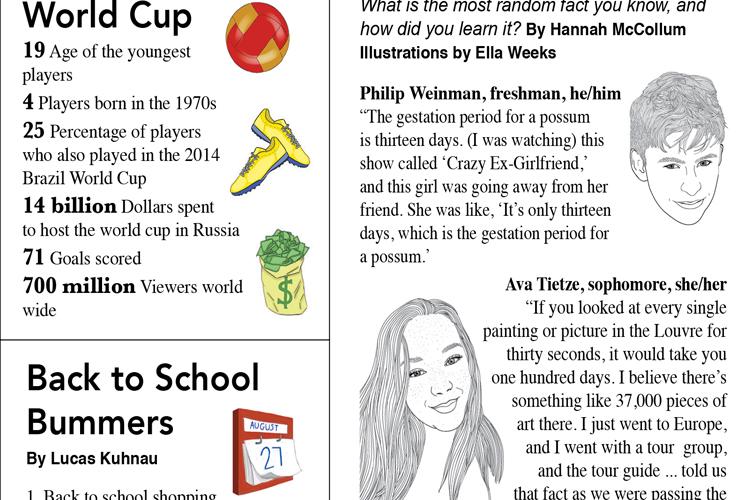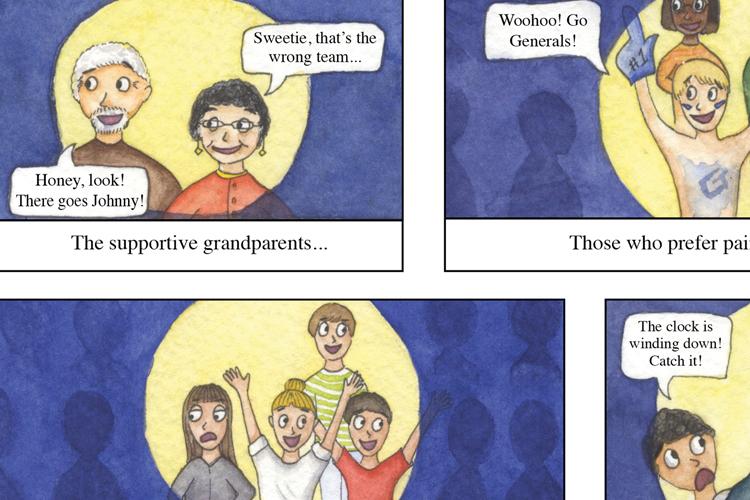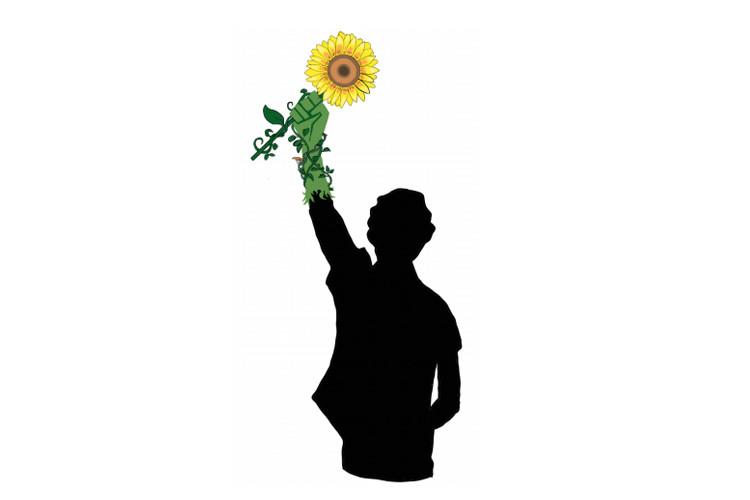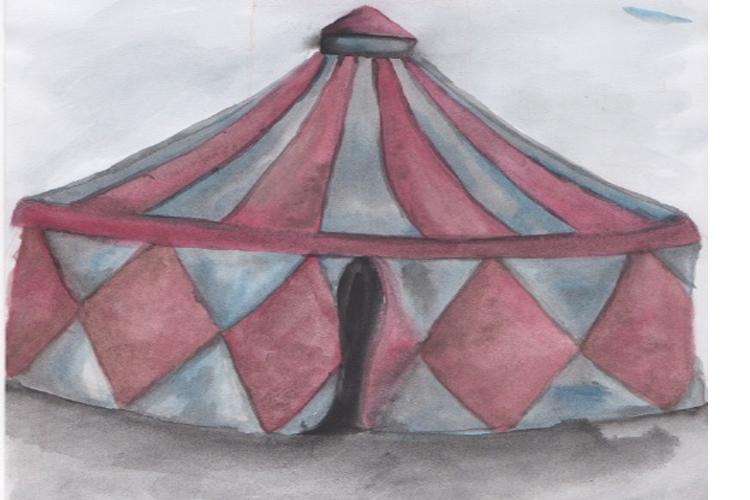 There’s a buzz of mosquitoes and voices in the air. Kids are sprawled across the Grant Park bowl, anticipating the setting sun so fireworks can begin. Alongside the hum of teenagers, there are a few figures observing the scene before them. These are parents who, through an app called NextDoor, organized a patrol for the night of July 4.
There’s a buzz of mosquitoes and voices in the air. Kids are sprawled across the Grant Park bowl, anticipating the setting sun so fireworks can begin. Alongside the hum of teenagers, there are a few figures observing the scene before them. These are parents who, through an app called NextDoor, organized a patrol for the night of July 4.
Over the course of this night and the next few days, photos of teenagers were taken and posted on NextDoor.
The parents hoped that this patrol would help prevent destruction of the park. “Parents need to listen to that little nagging voice in their head and to check out what their kids are up to. Legally, financially and morally it is our responsibility,” says a Grant parent, who wishes to remain anonymous. They explained that parents were concerned about the safety of both the park grounds and the surrounding neighborhood.
Hugo Bitterman is a sophomore at Grant, and one of the students who had his photo taken and posted shortly after the Fourth of July. “It was the day after the Fourth of July and I was hanging out with friends. The woman taking the pictures yelled at us, ‘I got pictures of you and I called the police!’ She didn’t really try to talk to us. She just mocked us and threatened us,” he says. According to Bitterman, the woman went on to follow them in her car as they biked away, blowing through stop signs and making illegal turns in the process.
Previous damages to the track and surrounding areas were the impetus for the parents’ actions. Though the concerns are reasonable, the actions and means by which they were handled were not, and enter a legal gray area regarding privacy.
“It’s not illegal if the photo is in a public place,” says Margaret Olney, a private attorney with the BHMK law firm. “So then, the question is, did they say something defamatory? If they’re suggesting that these kids are criminals, now that, there might be some problem with that.” She explains that if the captions incriminated the teens, then it would cross a line into doxing — the act of posting identifying information about a person to perform a sort of vigilante justice.
Taking photos of minors in this particular way brings into question their rights to privacy.
According to Lawyers.com, “No one can photograph or film your child in a location where he or she believes himself or herself to be alone, even if alone with his friends.” This means that these photos were not 100 percent legal, and if any of the teens involved chose to take this to court, they wouldn’t have a hard time winning the case.
The photos, which spread around social media, were of Bitterman and others, and showed them riding their bikes in an unidentifiable place.
Many of the pictures were then posted with the caption “kids shooting illegal fireworks AT HOUSES.” It went on to give detailed descriptions of the kids, urging people to look out for them, despite the fact that the photos did not clearly show them engaging in any of the illegal activities listed.
Privacy between adults and children is an important line, and when we cross it, both sides lose trust. “I’m troubled a little bit by … the sort of vigilante,” Olney says.
Randomly photographing teenagers in the hopes of catching them in illicit acts is far less effective than simply calling the police. Teens are significantly more likely to respond to the authority of a law enforcement official.
I do not think adults should have authority over teens that are not their own children simply because they are adults. Instead, it is important for parents to recognize that when something illegal is happening, the police should be the ones responsible for handling the issue. Getting a parent involved in the situation would simply escalate the issue at hand.
While the adults may have felt they were doing the right thing for the safety of their neighborhood, this type of monitoring violates a teenager’s right to privacy, one that is equal to that of an adult. This entire night brings into question how we define privacy: What exactly is going too far?





































